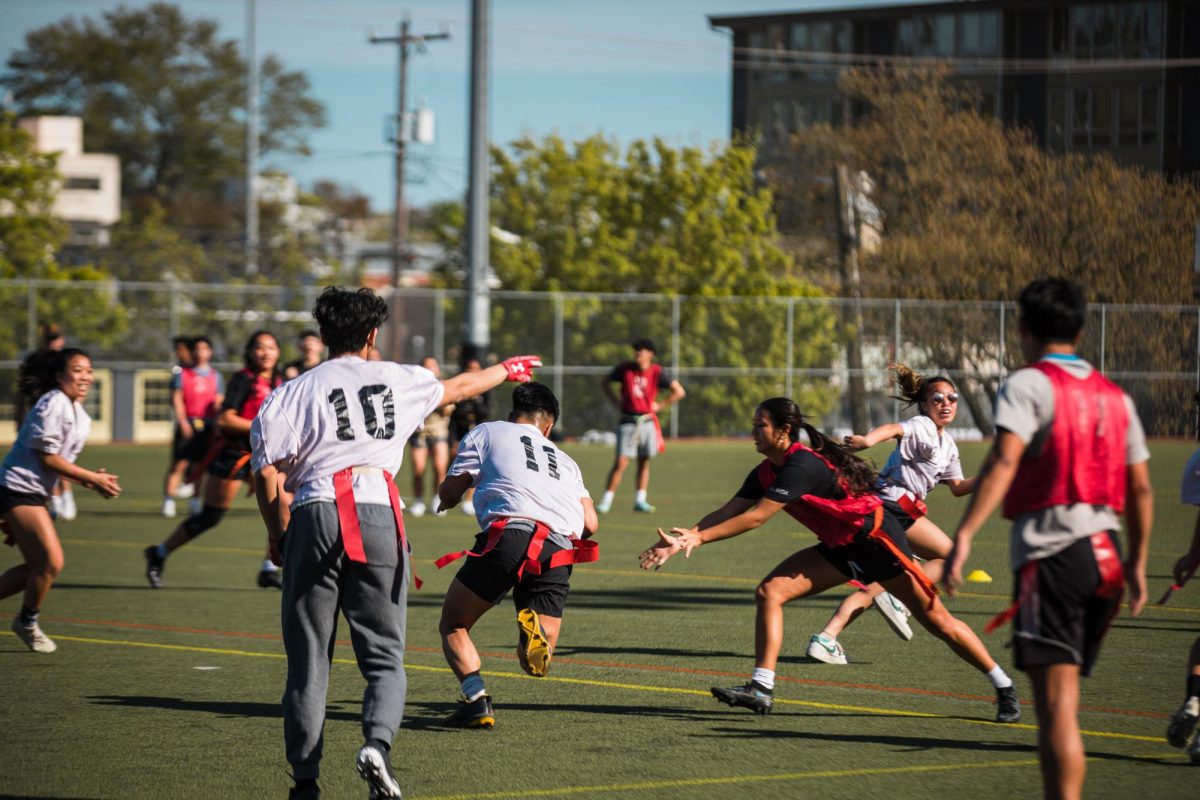Seven years ago in Connecticut, a horse with the precious name of Scuppy, tore off a large portion of a young boy’s cheek.
Despite a disturbing image that comes to mind when visualizing this incident, and despite it being a terrible thing to happen, one might not think much of the altercation. Relatively speaking, this is a common occurrence. However, as this incident continues to unfold, it could threate the entire equestrian industry.
The family of the child attempted persecution of Timothy Astriab, owner of his family’s farm, back in 2010 at low level court. In this case, Astriab won since the New Haven judge determined that neither Astriab or his family had ever known Scuppy to be particularly vicious.
Maybe Scuppy was merely vexed by the perpetual handfuls of grass being thrust in his face by visitors of the farm. Maybe he was just experiencing the same feeling I get towards any hairstylist after they have yanked at my hair for an extended period of time. The feeling is one of hostility—I don’t blame the horse, I would want to bite someone too if I was the object of petting day in and day out.
Regardless, the 2010 ruling was brought to the Appellate Court several years later, in hopes of a victory for the cheeky lad (let’s call him Bobby). Here is where things get hard to swallow for the horse-owning community. The Appellate Court overturned the earlier decision and made the statement that Scuppy belongs to “a species naturally inclined to do mischief or be vicious.”
Excuse me for possibly being harsh, but “naturally…vicious”? Really? If this decision remains in place after being heard in the Supreme Court, Connecticut will be the first state in the nation to make the official claim that horses are inherently violent creatures. After this many years, it is difficult to believe that we are just now discovering the true, vicious nature of horses.
Forgetting the surprising boldness of the claim for a moment, let’s explore its implications. According to some 2005 Connecticut statistics, the equestrian industry brings in around $221 million a year for the state including practices such as riding lessons, breeding, training, etc. This ruling would make owning a horse uninsurable, and therefore cause a large portion of the economy to plummet.
Going back, let’s look at a major role of these “violent beasts” in society today. Horses are commonly used for rehabilitation for a host of conditions. Equine Psychotherapy makes up an entire field of therapy. The bond a theoretical child with autism can make with a horse is truly remarkable, taking into account their difficulty making connections with those around them. But, according to the Connecticut ruling, they are innately—as in by very the essence of their being—evil. If that is true, it is slightly peculiar that the therapy utilizing these monsters is calming and effective.Don’t get me wrong, as this piece might be construed as me having no regard for little Bobby.
Believe me, I have the utmost sympathy for him and pray that he is leading a normal life after his accident. I merely think that generalizing the entire species of horses (including Shadowfax, Hidalgo, and Seabiscuit) as evil is noteworthy of attention. In the meantime, while the Supreme Court makes its decision, don’t let that cute horse from Toy Story fool you, it probably wants to eat you.






![The 2024 NBA Playoffs’ Best Moment May Be the First Round [Opinion]](https://seattlespectator.com/wp-content/uploads/2024/04/NBAPlayoffWeb-1200x791.jpg)



